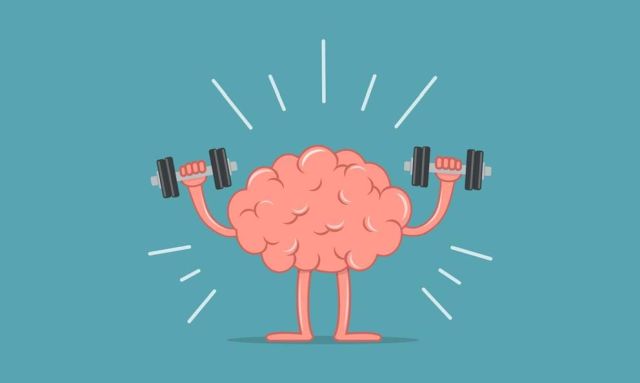Walking is not typically considered a legitimate form of exercise among stalwart fitness fanatics. Scientific evidence, on the other hand, suggests otherwise.
But why is walking such an underrated form of exercise even though it offers numerous health benefits? Some factors contributing to why walking is such an underrated exercise are its perceived simplicity and arguably the lack of awareness around the many health benefits walking offers.
These views are understandable. Walking is a basic human function, and people might underestimate its effectiveness as a form of exercise because it doesn’t involve high-intensity activities or complex routines.

Moreover, many individuals might not realise that even moderate walking not only can have a positive impact on their general health and well-being but their overall fitness. Brisk walking can even help to fight obesity.
These views, of course, are because it’s all too easy to compare walking with other types of exercise. And most people look at intense workouts as the most genuine form of exercise.
In a culture that often values intense workouts and high-impact activities, walking might be seen as less impressive or not challenging enough to provide substantial fitness gains.
Why Walking Is a Good Form of Exercise

Walking at a brisk pace is shown to improve cardiovascular fitness, strengthen the heart muscle, and enhance blood circulation. This helps to improve the immune system and reduce the risk of heart disease and stroke.
Regular moderate exercise, such as walking, is highly important for maintaining a strong immune system. As we’ve discovered with Covid, viruses are most damaging to individuals with an ineffective immune system. And brisk walking helps build resilience in a number of ways.
Brisk walking also burns calories which contribute to weight loss or weight maintenance. Yet people believe that walking burns fewer calories compared to other exercises, leading them to think it’s less effective for weight management.
But losing weight is not simply related to calories. Metabolic rate plays a central role in how quickly your body uses and stores fat. It’s a myth that exercise needs to be strenuous to effectively keep the weight off.

Walking also has mental health benefits — particularly nature walks. A growing body of evidence supports the fact that walking in nature can reduce stress, improve mood, and enhance mental clarity.
Whether you go hiking or enjoy a brisk walk around your local park, keeping company also boosts emotional well-being. And because walking is a social activity, encouraging interaction with friends, family, or walking groups enhances emotional well-being.
It’s no coincidence that physicians are handing out ‘green prescriptions’ to patients with depression and heart conditions. Experts have discovered that encouraging people of all ages to walk in nature more often has significant health benefits.
Conclusion

Promoting awareness of the benefits of walking and dispelling misconceptions can help people to recognise the value it offers.
Simply put, walking is an effective form of exercise that can be easily incorporated into their daily routines. And the science backs it up.




